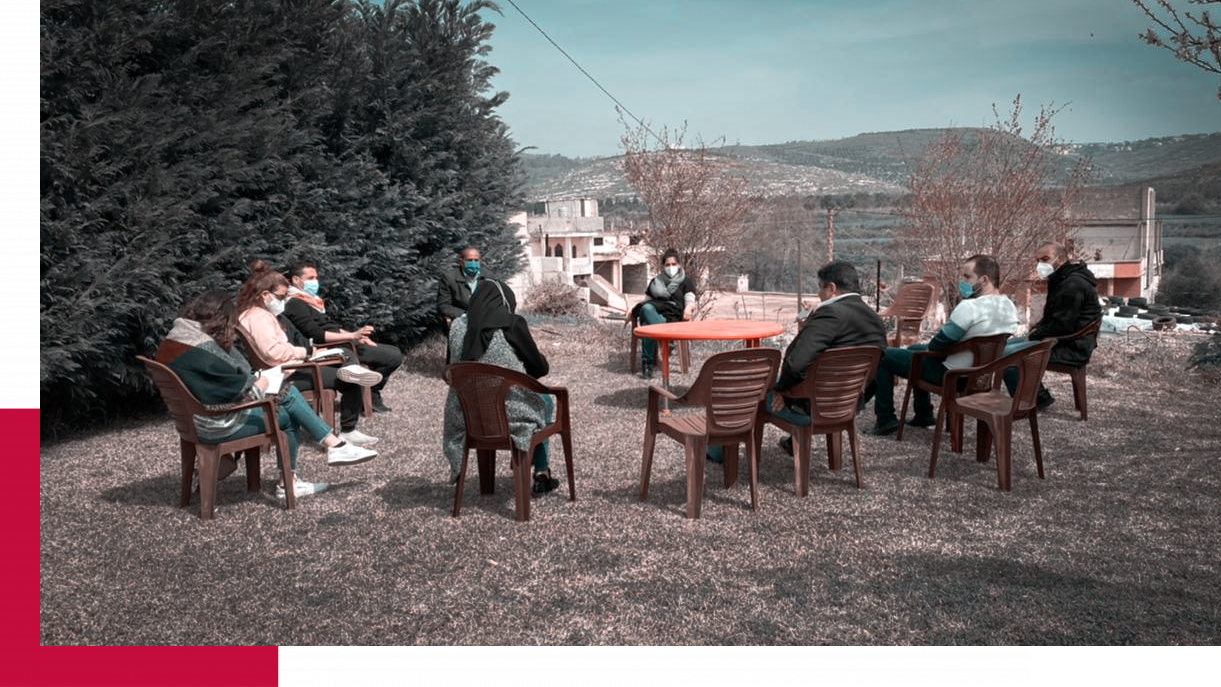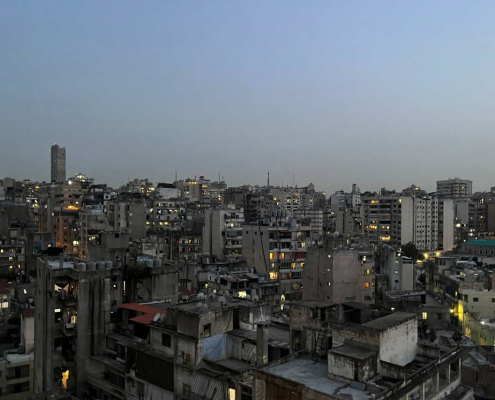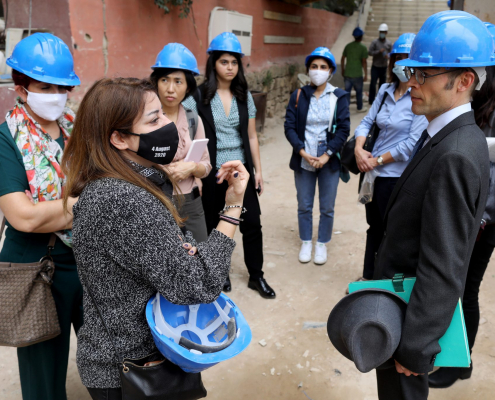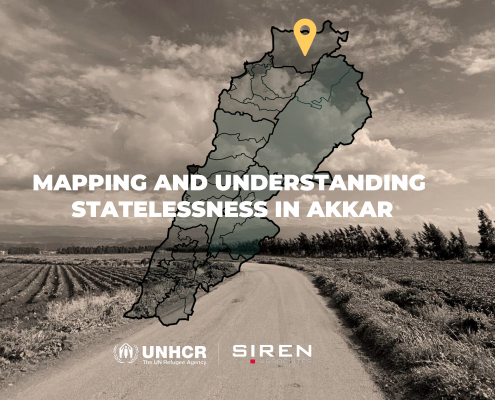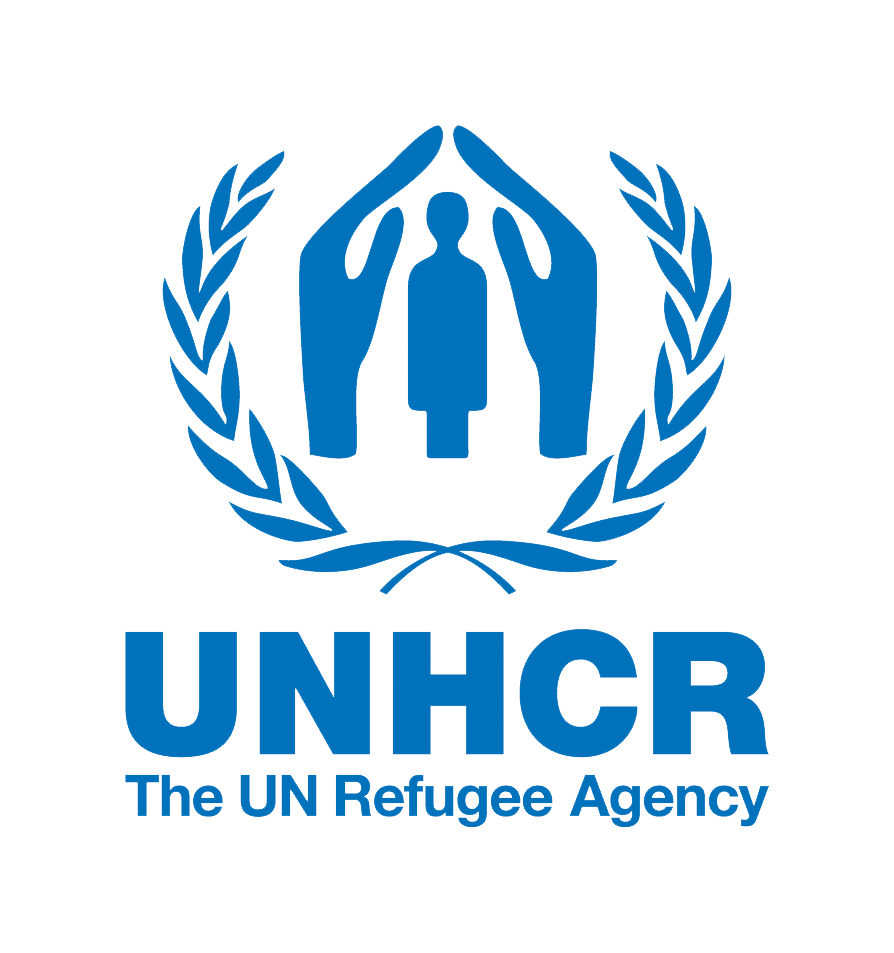Mapping and understanding statelessness in Akkar
Project profile
Introduction
Statelessness has been a recurring problem in Lebanon and the various measures taken by the authorities, from initiating a category acknowledging “cases under study” to issuing naturalisation decrees in 1994 and 2018, have not come close to solving the problem. This study examines the root causes and consequences of statelessness in Akkar, one of the poorest and most underdeveloped areas in the country. With the Covid-19 pandemic and Lebanon’s dire financial and economic crisis, the toll on marginalised communities has been high, furthering the need to research this long-lasting phenomenon.
Background
Lebanon undertook its first and last official census back in 1932, hindering the country’s ability to formally issue demographic data and records. The only documentation available today of demographic nature are voters’ lists, which only cover those above 21 years of age, the constitutional voting age in Lebanon. Political and sectarian factors have also been hindering the production of demographic databases, the development of state-led policies supporting early registration and overturning the discriminatory nationality law against women, which bars them from passing Lebanese citizenship onto their children. These combined factors have generated an unmapped marginalised community, who are denied access to nationality, live in Lebanon with limited access to their basic rights and needs, and are thus unable to fulfil their essential right to self-determination. This community is today known as the “Maktoumi el Qayd” (Stateless) or simply “Maktoum” (also means “hidden” in English).
Approach
Building on Siren’s March 2019 study mapping statelessness in Tripoli with local NGO MARCH, this project adopts a mixed qualitative-quantitative approach to mapping statelessness in Akkar. It consists of an exploratory qualitative phase, followed by a full-fledged quantitative survey. Stateless persons are identified through snowball sampling at pinpointed hotspots. The project methodology is designed in accordance with the relevant standards and principles of research: do no harm, informed consent, anonymity and confidentiality, participatory, and action oriented.
Objectives
- Outline the impact of the current, multi-faceted crises on stateless people’s lives and prevent further deterioration of their living conditions.
- Gather clear data of the given population, the factors behind their stateless status, their current challenges and their personal outlooks.
- Issue concrete conclusions, applicable recommendations and data-driven solutions to the issues of statelessness
Geographic scope
Lebanon
Institutional partner
Date
Jan. – Oct. 2021
Point of contact
Carole Alsharabati, Project Director

